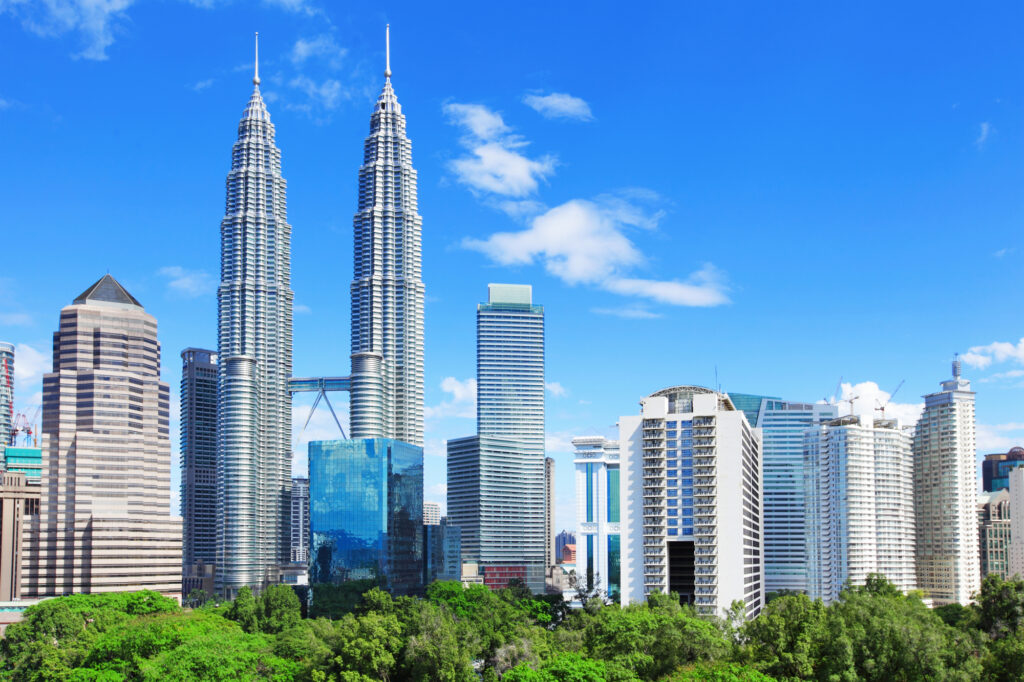Malaysia is in our minds these days, as the country keeps popping up in our work. This is no coincidence, as the country emerges as one of the beneficiaries of China decoupling. Here we discuss three things you should know about what’s happening in Malaysia these days.
1. Industrial Powerhouse
China has long overshadowed other economies in the region, especially when it comes to manufacturing. But Malaysia has a long track record as a producer. According to the World Bank, it is “a leading exporter of electrical appliances, parts, and components.” The export sector accounts for some 40% of Malaysia’s jobs.
As a result, the country has been well placed to attract U.S. (and other) companies looking for alternatives to China, especially in light of the Section 301 tariffs. And we’re not only working with companies looking to source or manufacture in Malaysia. Our recent work also includes assisting Malaysian exporters, some of whom are enjoying a boon.
2. Transshipping Concerns
Given its proximity to China, existing manufacturing base, and decent port infrastructure, Malaysia has emerged as a transshipment point for Chinese exporters looking to skirt U.S. tariffs and duties. The concerns by the U.S. authorities (in particular Customs and Border Protection or CBP) are likely overblown, though not entirely without basis. Be that as it may, a fog of suspicion has descended over Malaysia, with U.S. importers of Malaysian product often left with the burden of demonstrating that their products were in fact made there.
From our experience working with such importers, we cannot stress enough the importance of carrying out due diligence, to ensure “Malaysian” goods are not in fact Chinese. And if you are satisfied that the country of origin is indeed Malaysia, make sure you properly document manufacturing activities, in case CBP inquires. See Beware of Transshipment.
3. Forced Labor
Forced labor has emerged as one of the key trade issues of our time (in addition to of course being a critical human rights issue). Unfortunately, Malaysia has found itself in the wrong side of scrutiny. CBP has issued exclusion orders against Malaysian producers of palm oil and PPE—other industries could follow.
For U.S. importers, due diligence to ensure their products are not made using forced labor is essential. U.S. law prohibits the importation of goods made using forced labor and CBP is empowered to exclude such goods from the United States. But it’s also vital to establish forced labor compliance problems at home, as importers can be penalized for their own failures when it comes to helping combat the importation of goods made using forced labor.
4. Looking Ahead
Malaysia’s economic growth since 2010 has averaged 5.4%. This places the country on the cusp of becoming a high-income economy, with the World Bank suggesting this could happen as soon as 2024. To put this in perspective, the only high-income countries in Southeast Asia are Brunei and Singapore, both much smaller than Malaysia and with unique economies. Beyond being a place where companies can make or obtain goods, it is also a promising import market for goods and services, with some intriguing possibilities in the mid-term future.

























